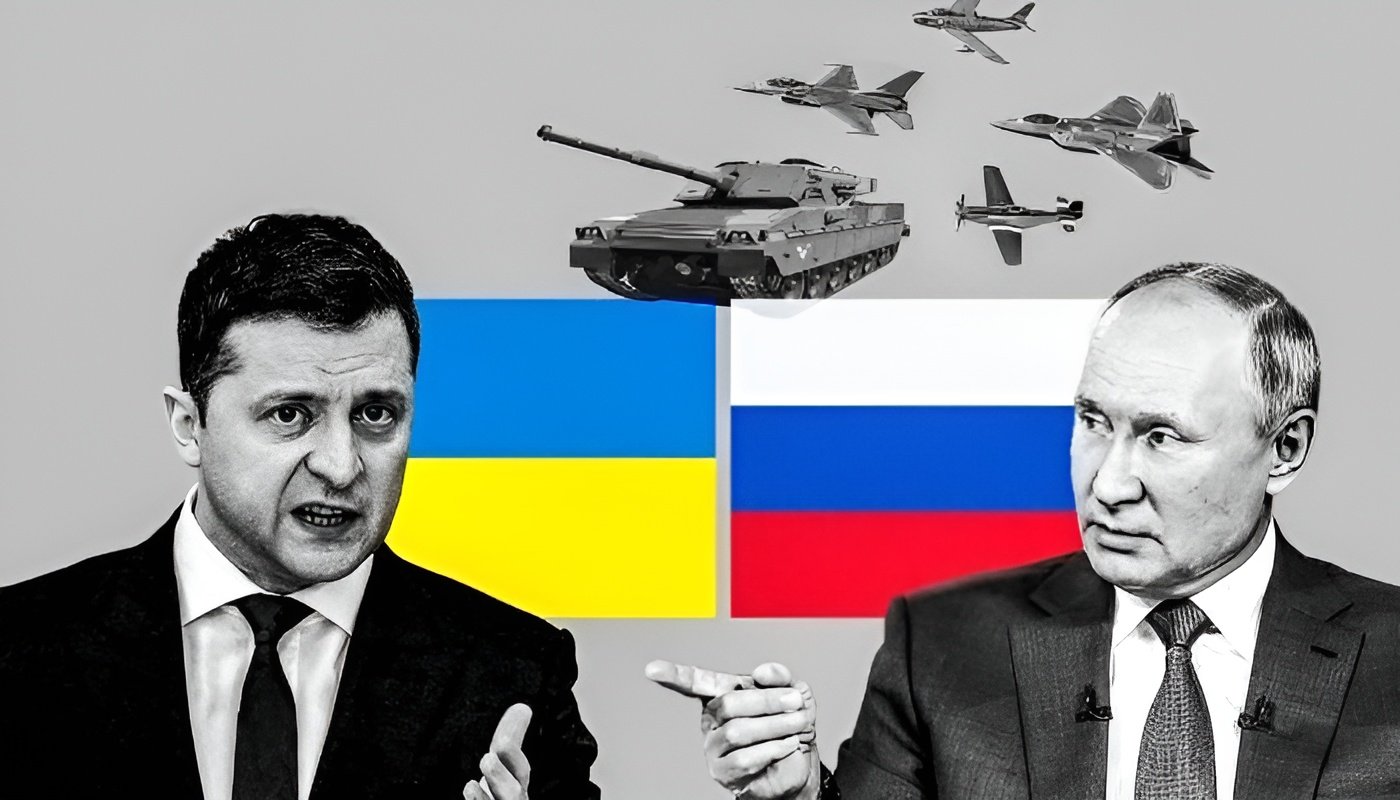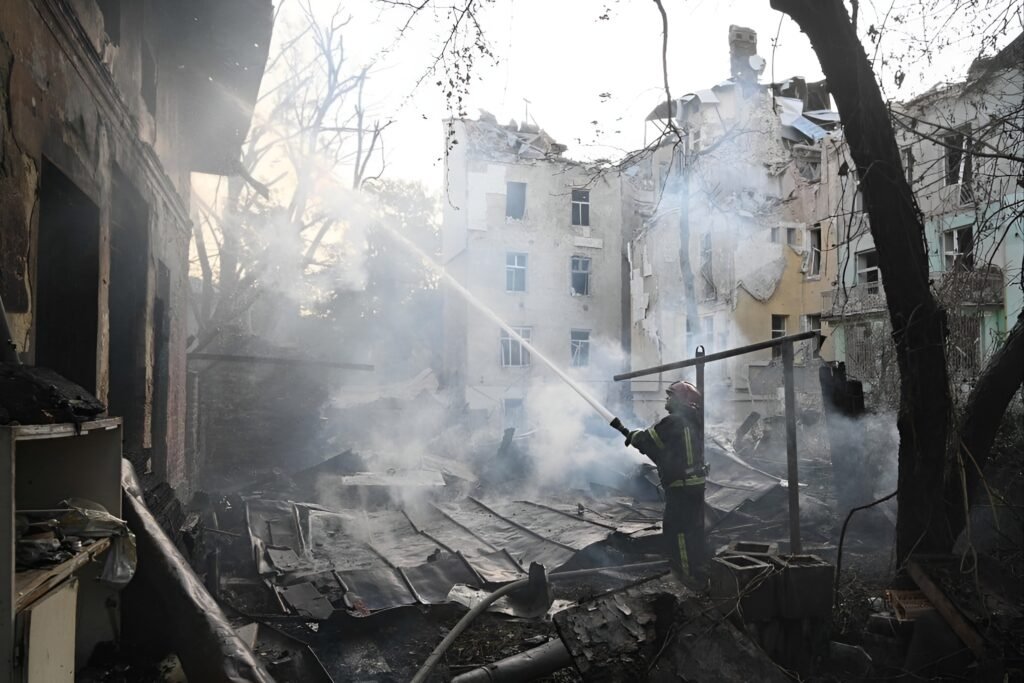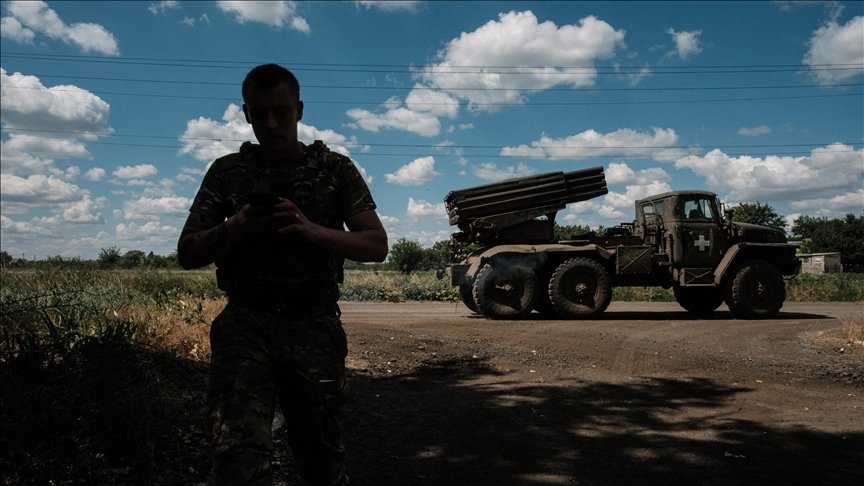
Moscow’s Stark Warning: U.S. Approval of Long-Range Strikes Escalates Conflict in Ukraine
In a significant and alarming turn of events, Moscow has issued a stark warning to the United States after the Biden administration authorized Ukraine to use U.S.-supplied long-range missiles against Russian territory. This decision has raised fears of an intensified conflict with the potential for a broader global impact.
The U.S. Authorization and Its Implications
The decision by the U.S. government to supply Ukraine with long-range missiles, including the Army Tactical Missile System (ATACMS), marks a pivotal moment in the ongoing war between Russia and Ukraine. Ukrainian forces, emboldened by international support, are now equipped to strike Russian targets far beyond the current frontline. Ukrainian President Volodymyr Zelensky has welcomed the move, affirming the missiles’ critical role in deterring Russian advances and safeguarding Ukraine’s sovereignty.
However, this shift has not come without consequences. Russian officials have labeled the decision a reckless provocation. Kremlin spokesperson Dmitry Peskov warned that the move represents a direct escalation of the war and could lead to unintended consequences, including heightened U.S. involvement in the conflict.
Russia’s Response: Threats and Red Lines
In response, Russian President Vladimir Putin has reiterated Moscow’s red lines, cautioning against any strikes on Russian soil. He hinted at potentially catastrophic consequences, including the possibility of a nuclear escalation, should Russia perceive a direct attack on its territory using these missiles.
Putin emphasized that the Kremlin views the U.S.’s decision as a direct challenge, further blurring the lines between indirect military support and active involvement in the war. Russian lawmakers have echoed these sentiments, with some describing the move as a step toward World War III.
NATO’s Divided Stance
The U.S. policy shift has sparked mixed reactions among NATO allies. Some member states view the decision as a necessary measure to curb Russian aggression and restore balance in the region. Others express concerns that providing Ukraine with advanced weaponry capable of targeting Russia could lead to an uncontrollable escalation, prolonging the war and destabilizing global security.
This development comes as NATO allies work to maintain unity in their approach to supporting Ukraine while avoiding actions that could provoke direct confrontation with Russia.
Global Implications and Growing Tensions

The conflict’s scope continues to expand, with reports of North Korea allegedly deploying troops to support Russia. This emerging alliance underscores the risk of the war escalating into a broader geopolitical conflict involving major global powers. Additionally, the Kremlin’s threats to retaliate against long-range strikes may force the U.S. and its allies to carefully navigate the fine line between supporting Ukraine and triggering a larger confrontation.
The situation also has critical implications for international law and norms. The use of long-range missiles could provoke debates about the legality of strikes beyond Ukraine’s borders, raising questions about sovereignty and the rules of engagement in modern warfare.
What’s Next for the Ukraine Conflict?

The authorization of long-range missiles for Ukraine represents a turning point in the conflict, as it provides Kyiv with unprecedented military capabilities to challenge Moscow. However, this decision comes with significant risks, as Russia’s warnings suggest a potential escalation that could impact not only Ukraine but also global security.
As the war approaches its 1,000-day mark, the world waits to see how these developments will unfold. The coming weeks are likely to test the resilience of international alliances, the strategic patience of global powers, and the enduring strength of Ukraine in the face of adversity.
Key Takeaways for Readers
- The U.S.’s decision to supply Ukraine with long-range missiles has drawn severe criticism from Russia, heightening tensions.
- Moscow’s warning underscores the risk of escalation, including the potential for a broader global conflict.
- The situation raises critical questions about the balance between supporting Ukraine and avoiding a direct NATO-Russia confrontation.
Stay tuned to Daily Foresight for updates and in-depth analysis on this unfolding story.



